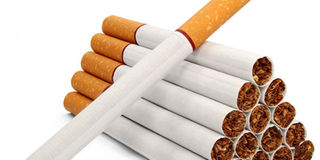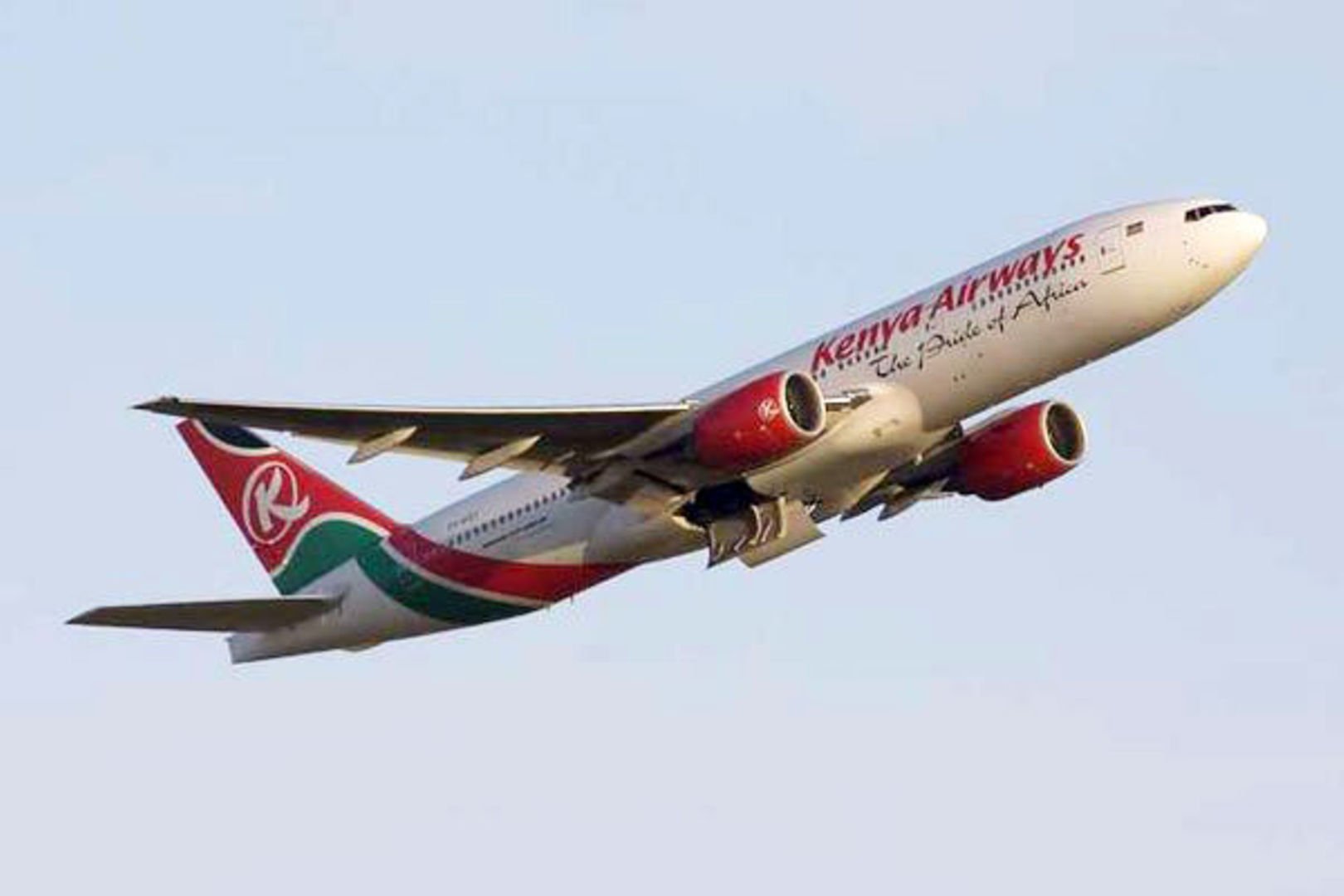Government should ratify protocol to end trade in tobacco products

Government should ratify protocol to end trade in tobacco products
What you need to know:
- Ensure compliance. The WHO has irrefutably proved that smoke inhaled in a one-hour Shisha session equals 100 cigarettes or more and that even after passing through water, shisha tobacco smoke contains high level of cancer-causing chemicals considering there is no safer level of tobacco exposure regardless. Law enforcers must search these places to ensure compliance.
Uganda Revenue Authority (URA) bust a Shs3b cigarette smuggling racket following a tip off from their intelligence officers. The tax body on April 8, 2018 intercepted a brand new Toyota Premio at Kalerwe, a Kampala suburb on Gayaza Road and this would later lead them to bust a racket involving Shs3b worth of cigarettes.
Illicit trade in tobacco products undermines efforts to reduce tobacco use and save lives, and costs governments billions of dollars in lost tax revenue. It has been estimated that, if global illicit trade were eliminated, governments would immediately gain at least $31b in revenue, and beginning in 2030, more than 160,000 lives would be saved per year.
On June 27, 2018, conditions for the enforcement of the protocol to eliminate illicit trade in tobacco products (hereinafter called the protocol).
Uganda is neither signed to nor has ratified the protocol to eliminate illicit trade in tobacco products, although it is a party to the World Health Organisation Framework Convention on Tobacco Control (WHOFCTC) that it domesticated in the Tobacco Control Act No. 22 of 2015, the same is now fully enforceable.
Whereas section 16 of the Tobacco Control Act bans smoking Shisha (water pipe tobacco delivery system), it has turned into a craze particularly being smoked on Acacia Avenue, Kabalagala, Makindye, Bugolobi, and in bars in Entebbe, among others places. Kampala Capital City Authority and like authorities can stop the Shisha craze by raiding and prosecuting the non-compliant businesses they issue with trading licences to ensure that public places are rid of tobacco exposure. The WHO has irrefutably proved that smoke inhaled in a one-hour Shisha session equals 100 cigarettes or more and that even after passing through water, shisha tobacco smoke contains high level of cancer-causing chemicals considering there is no safer level of tobacco exposure regardless. Law enforcers must search these places to ensure compliance.
Sadly, the total health care cost of tobacco-related illnesses constitutes 2.3 per cent of the national healthcare account, which is already over burdened with the cost of infectious diseases, limited medical personnel and infrastructure. The Protocol was adopted by parties to the WHO Framework Convention on Tobacco Control (FCTC) in November 2012.
This milestone paved way for parties to hold the first session of the Meeting of the Parties to the Protocol (MOP1) in Geneva, Switzerland, from October 8-10, 2018 following the Eighth Conference of the Parties (COP8) of the World Health Framework Convention of Tobacco Control (WHO FCTC).
It was noted in the 2018 Global illicit Trade Summit while decrying about the dangers of illicit trade, among others, ‘extend beyond economics, posing in its various forms a real threat to economies and businesses, public health, innovation and tax revenues. Illicit trade is a vital source of revenue for transnational crime networks and terrorist organisations, an important aspect that attracts far less attention than it should.’
To tackle illicit trade is to tackle accessibility and affordability of tobacco products, to be more effective on the control of the packaging and to reduce funding of transnational criminal activities while protecting the governmental revenues from tobacco taxation. I am very proud of this historical achievement and also to function as Secretariat to two legal instruments; said Dr Vera Luiza da Costa e Silva, Head of the WHO FCTC Secretariat.
Admittedly, government enacted a strong Tobacco Control Act NO. 22 of 2015 and the Attorney General enthusiastically defended it in the Constitutional petition in 2017, ratifying the protocol to eliminate illicit trade in tobacco products shall reinforce local mechanisms and gain from international collaborations that include preventing illicit trade, promoting law enforcement and providing the legal basis for international cooperation. To that end, Boarder District’s People shall save lives and improve house hold incomes, especially those who are living in Busia District.
Mr Talibita is a legal officer and tobacco control advocate working with Uganda National Health Consumers Organisation.
[email protected]. @jtalibita




